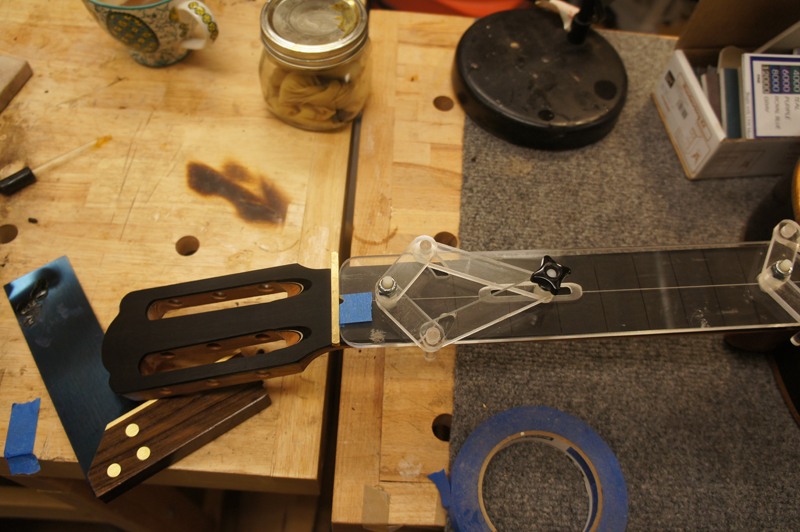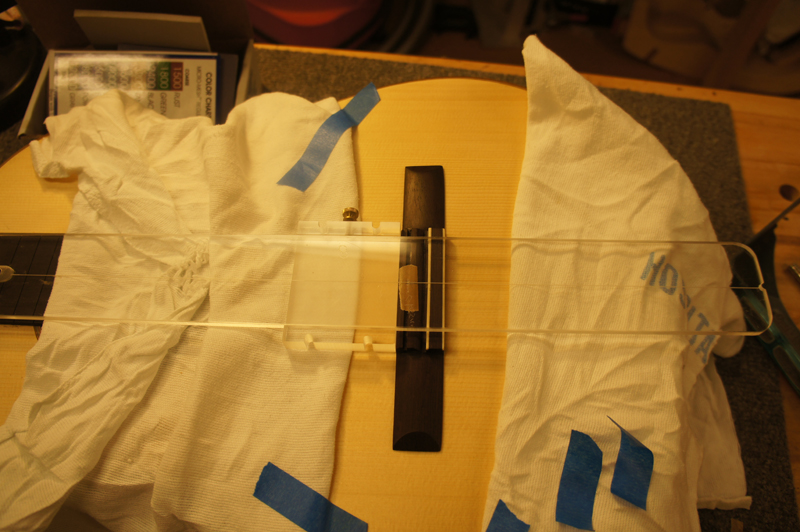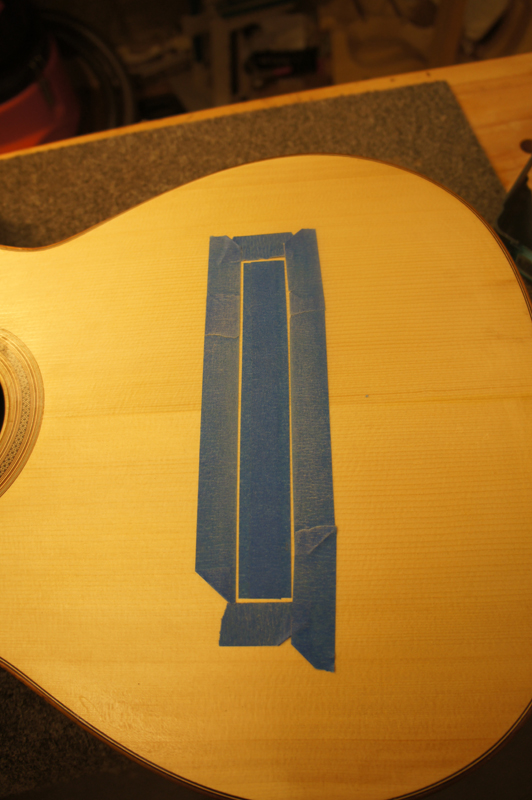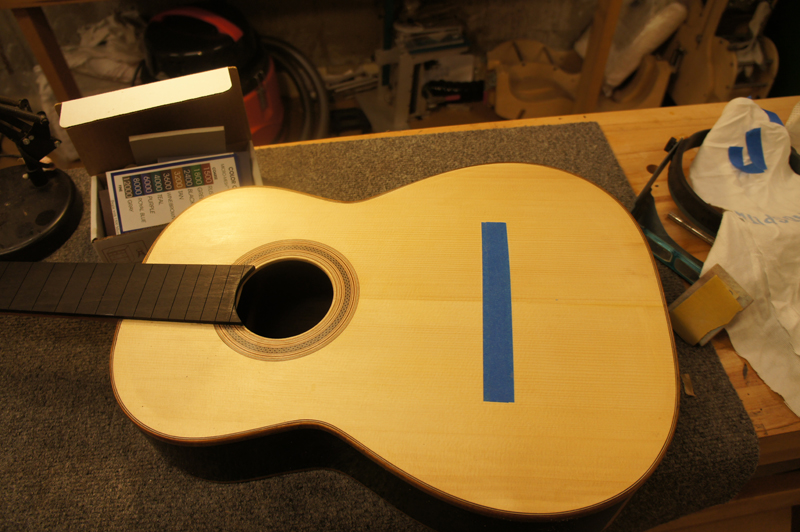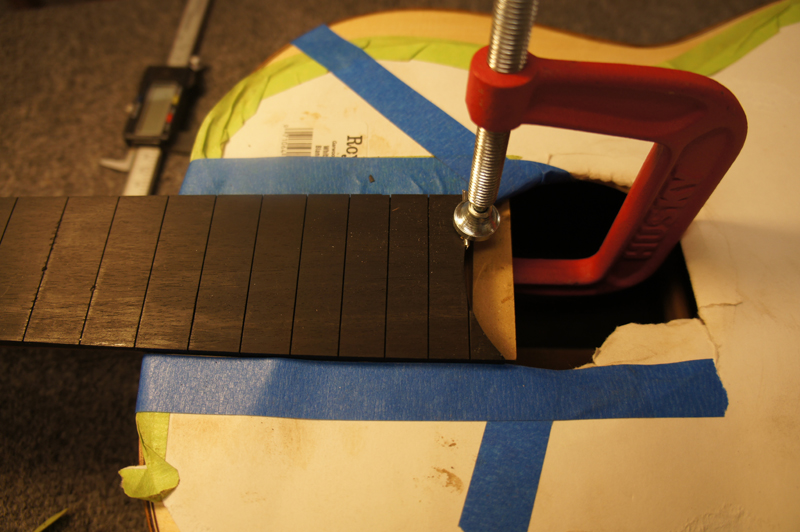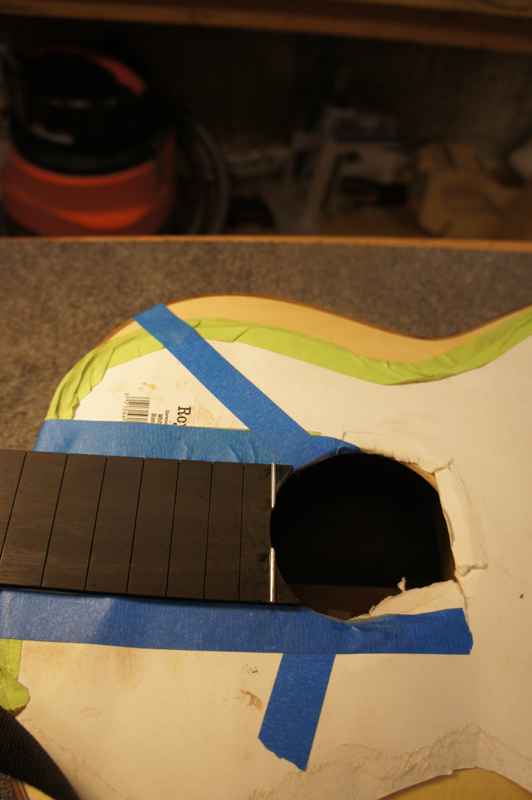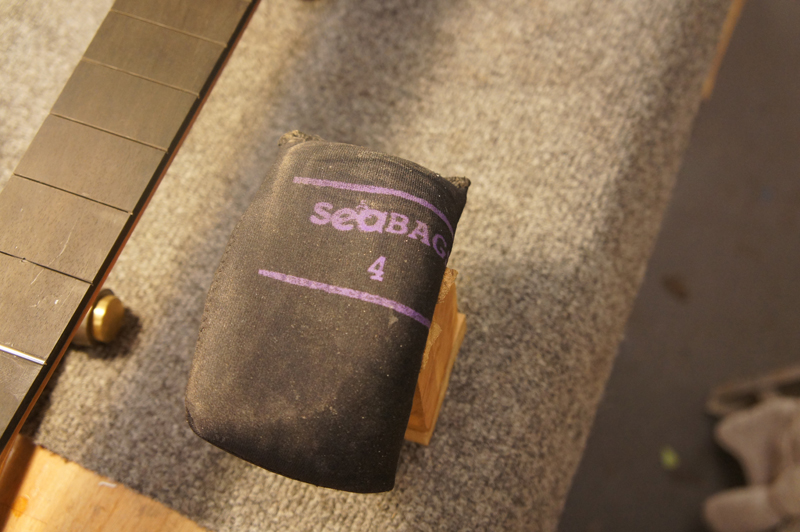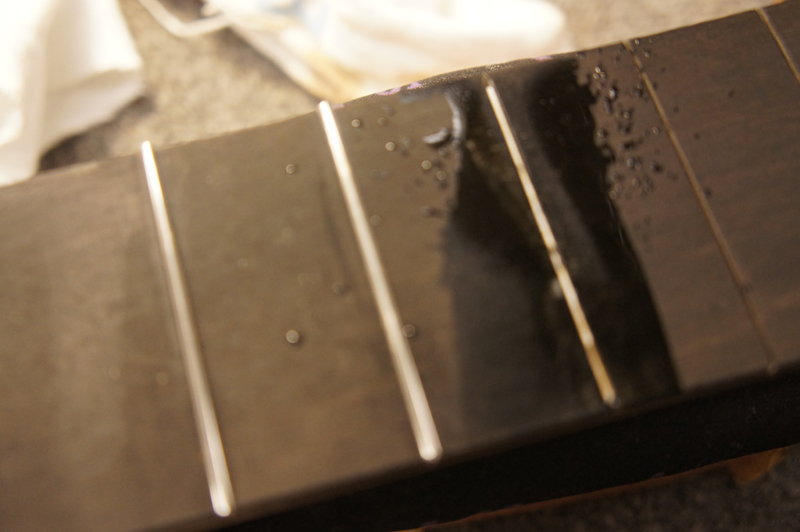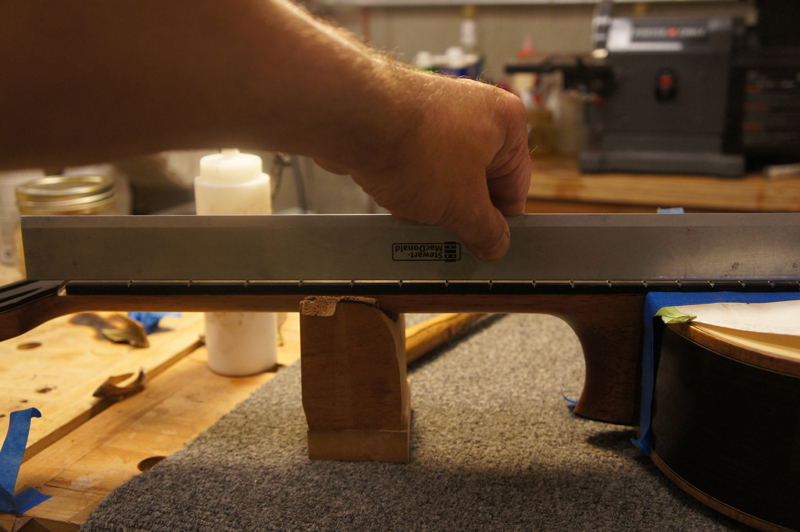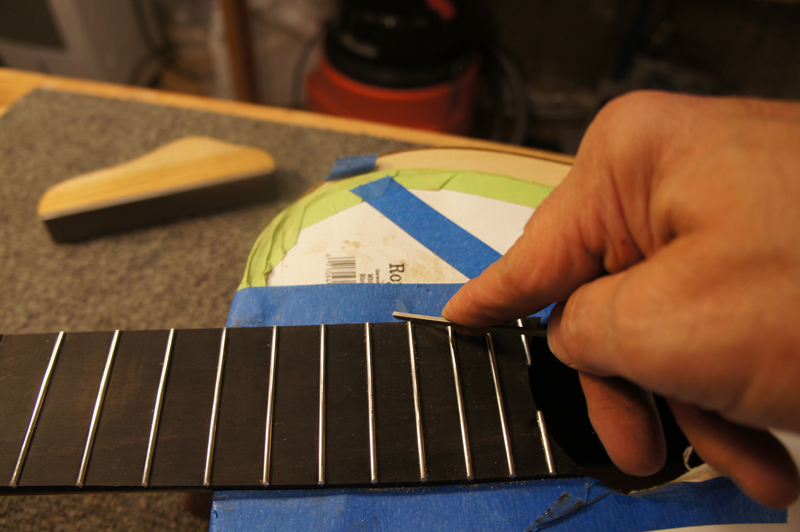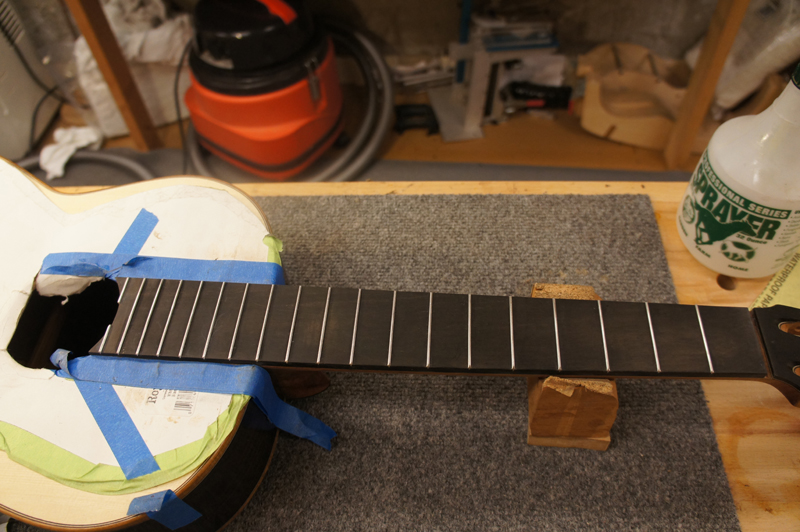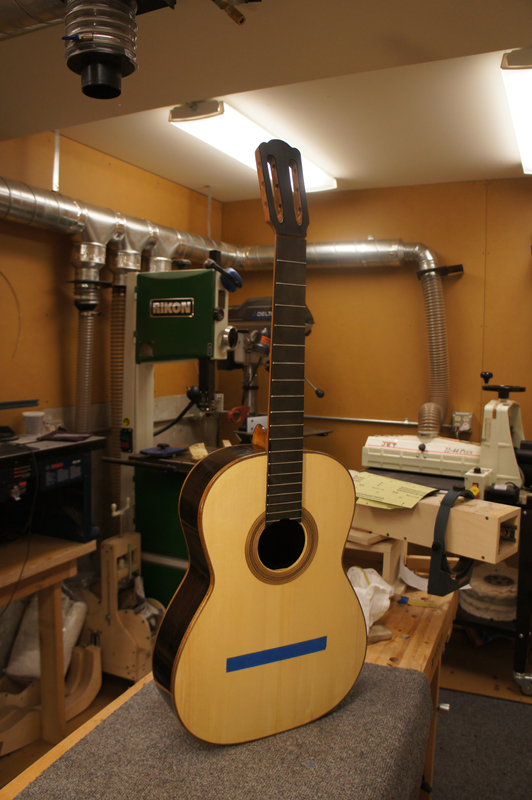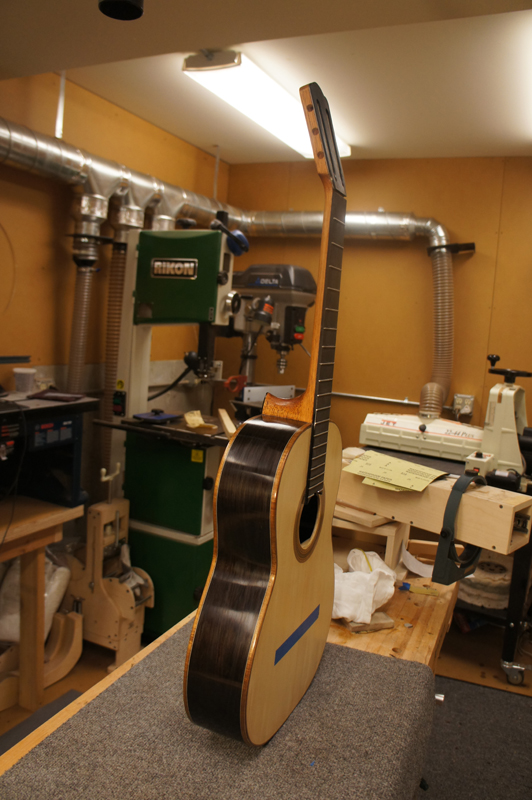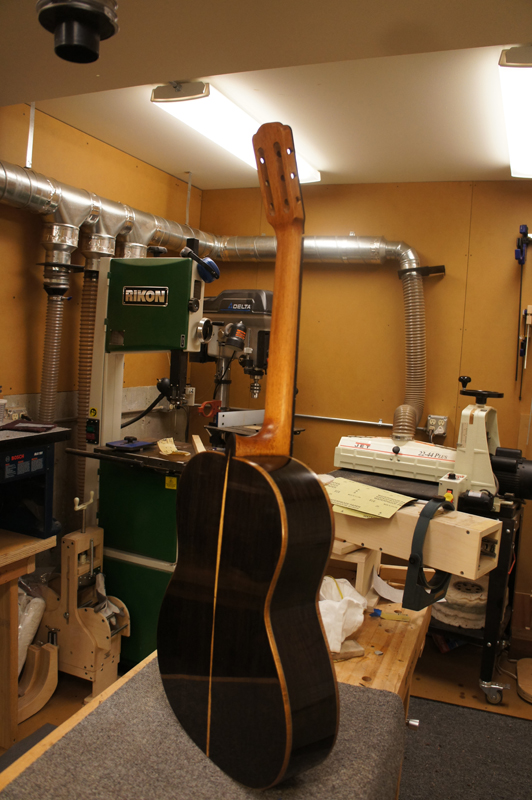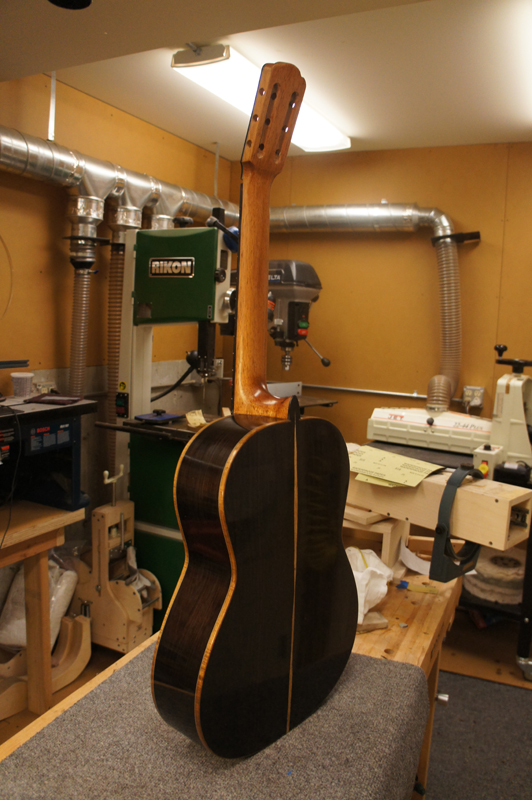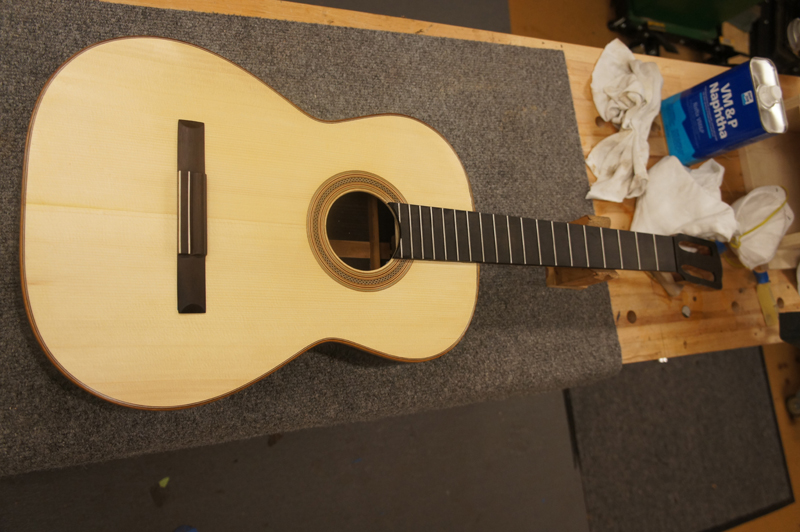Page 8 of 10
Re: Classical guitar 11 ready for French polish
Posted: Sun Jul 14, 2013 2:34 pm
by Kyle Barbour
"His video course is an in depth course not a demonstration of technique". Exactly John.
Re: Classical guitar 11 ready for French polish
Posted: Mon Jul 15, 2013 9:38 am
by ken cierp
So could you guys share some of the secrets, tidbits gleaned from the course, that make/made a difference with the members who may not be able to afford the $40 -$50, this is kind of the spirit and essence of our forum.
Re: Classical guitar 11 ready for French polish
Posted: Mon Jul 15, 2013 10:59 am
by TonyinNYC
One thing I learned about French Polish is that spraying lacquer from rattle cans is easier.
John, this guitar looks amazing and you are doing a helluva job on the FP. It is a gem all around.
Re: Classical guitar 11 ready for French polish
Posted: Mon Jul 15, 2013 11:52 am
by John Parchem
Guys thanks for the positive comments and encouragement. I am holding up on pictures but I have many more session of FP and the guitar looks better and better.
kencierp wrote:So could you guys share some of the secrets, tidbits gleaned from the course, that make/made a difference with the members who may not be able to afford the $40 -$50, this is kind of the spirit and essence of our forum.
Sure! The post I made in the shellac finishing section from a previous instrument came from what I learned in the course.
viewtopic.php?f=27&t=828
I reread it today and it still follows what I am doing.
Re: Classical guitar 11 ready for French polish
Posted: Fri Jul 19, 2013 9:13 pm
by John Parchem
Before moving on to finishing the top I decided to varve a bridge out of a nice BRW blank. As it tool 23 pictures to show the process I posted it in the bridge section:
viewtopic.php?f=20&t=1287
Here is the carved bridge.
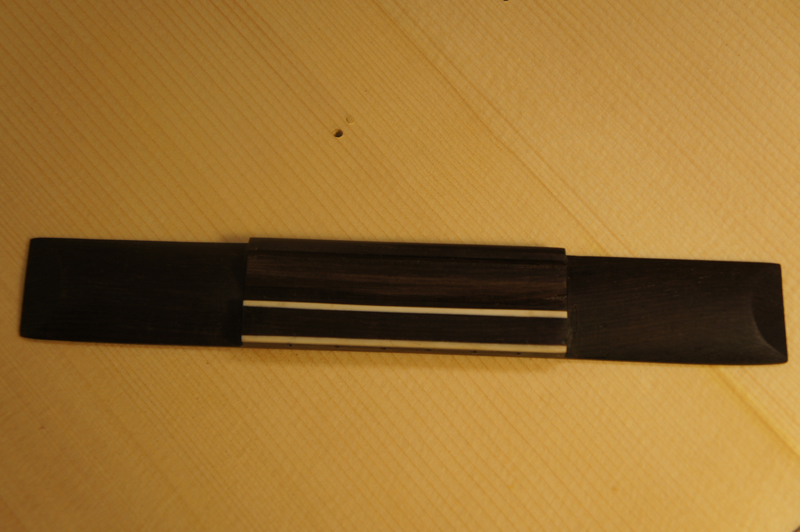
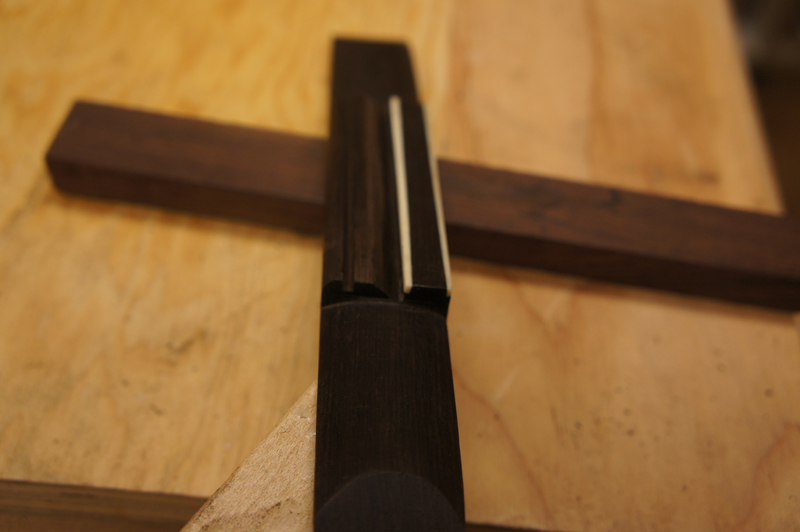
Re: Classical guitar 11 ready for French polish
Posted: Fri Jul 19, 2013 9:18 pm
by Dave Bagwill
Nice work.
Re: Classical guitar - fretted, bridge placed; on to FP of
Posted: Sat Jul 20, 2013 9:24 pm
by John Parchem


